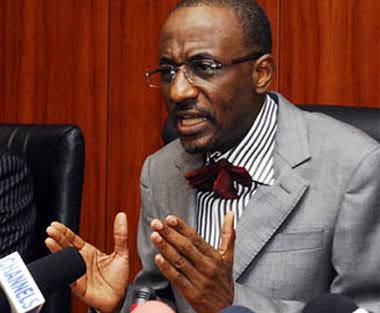Solid minerals sector: Goldmine seeking effective exploitation for economic diversification

A mining site in Nigeria Huge solid mineral deposits lie in various parts of Nigeria. However, this goldmine is yet to be effectively explored – despite the vast opportunities it offers – in order to diversify the nation’s revenue earnings, writes ALEXANDER CHIEJINA Following global economic recession in the late 1980s and early 1990s, developing countries began to liberalize their external trade to improve balance of payment and increase economic growth through provision of incentives to attract capital in-flow and investment. Interestingly, developing countries, especially in Africa and Latin America, turned to solid minerals exploration as a solution to sustained economic growth. This economic initiative paid off as mining companies have continued to play key role in the economic development of these countries. Countries like South Africa, Ghana and Tanzania remain critically dependent on earnings of solid minerals. As a result, countries introduced liberal reforms to meet i...

